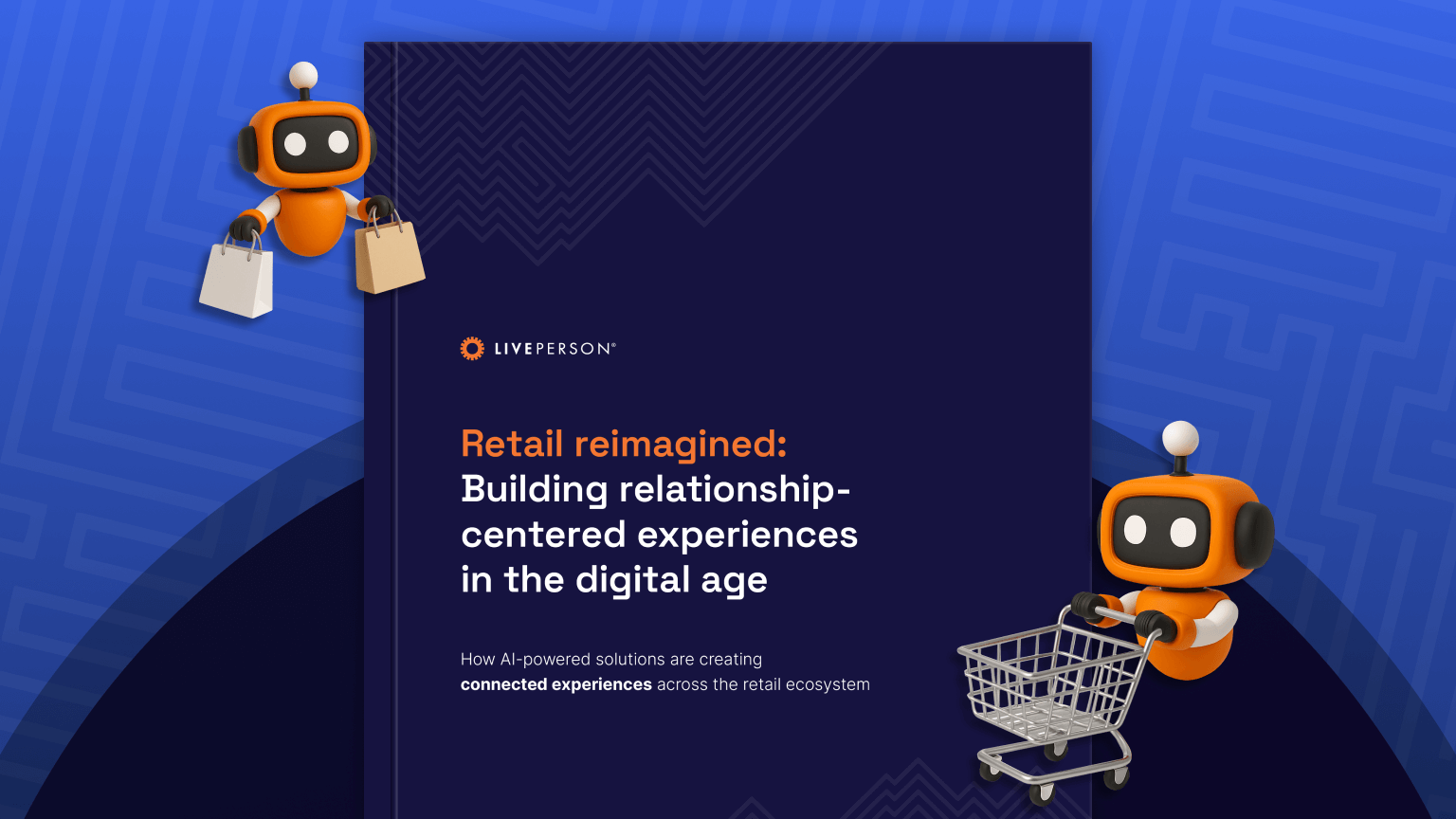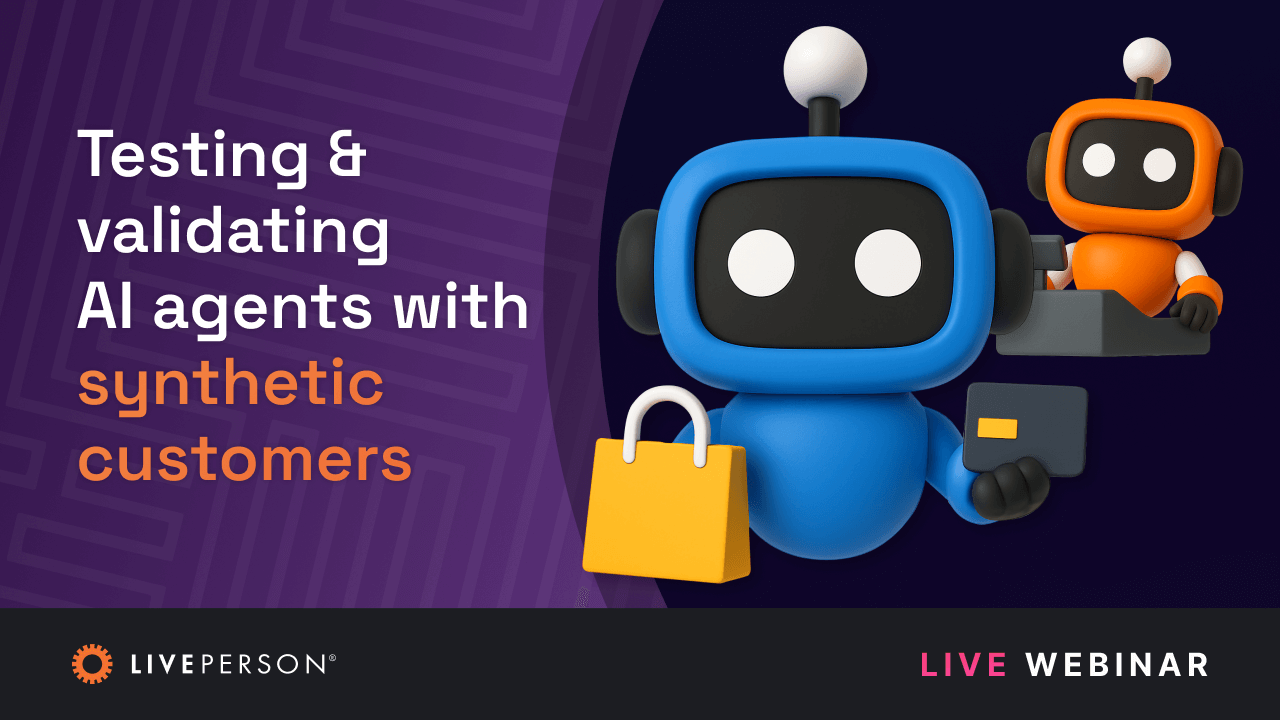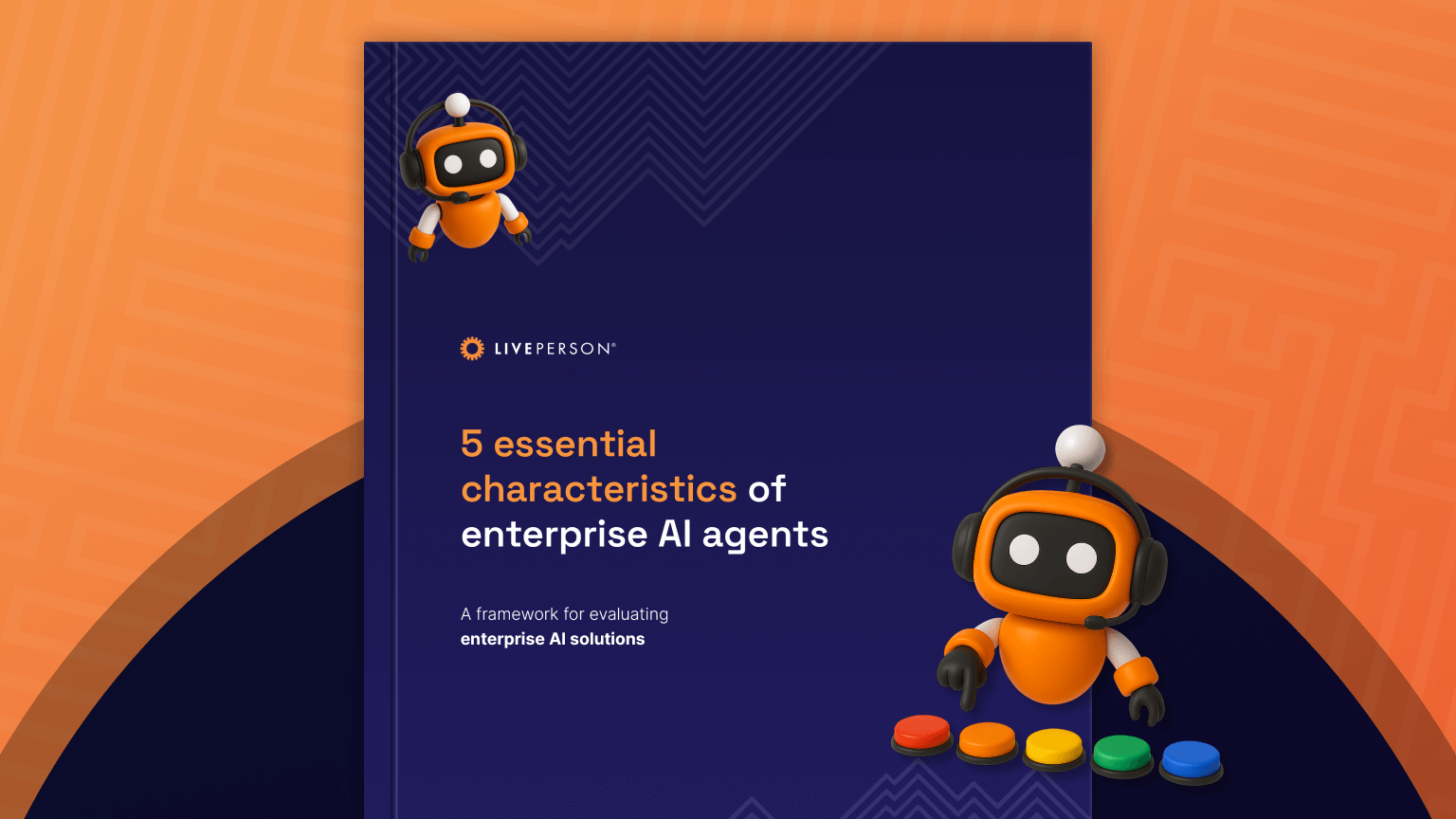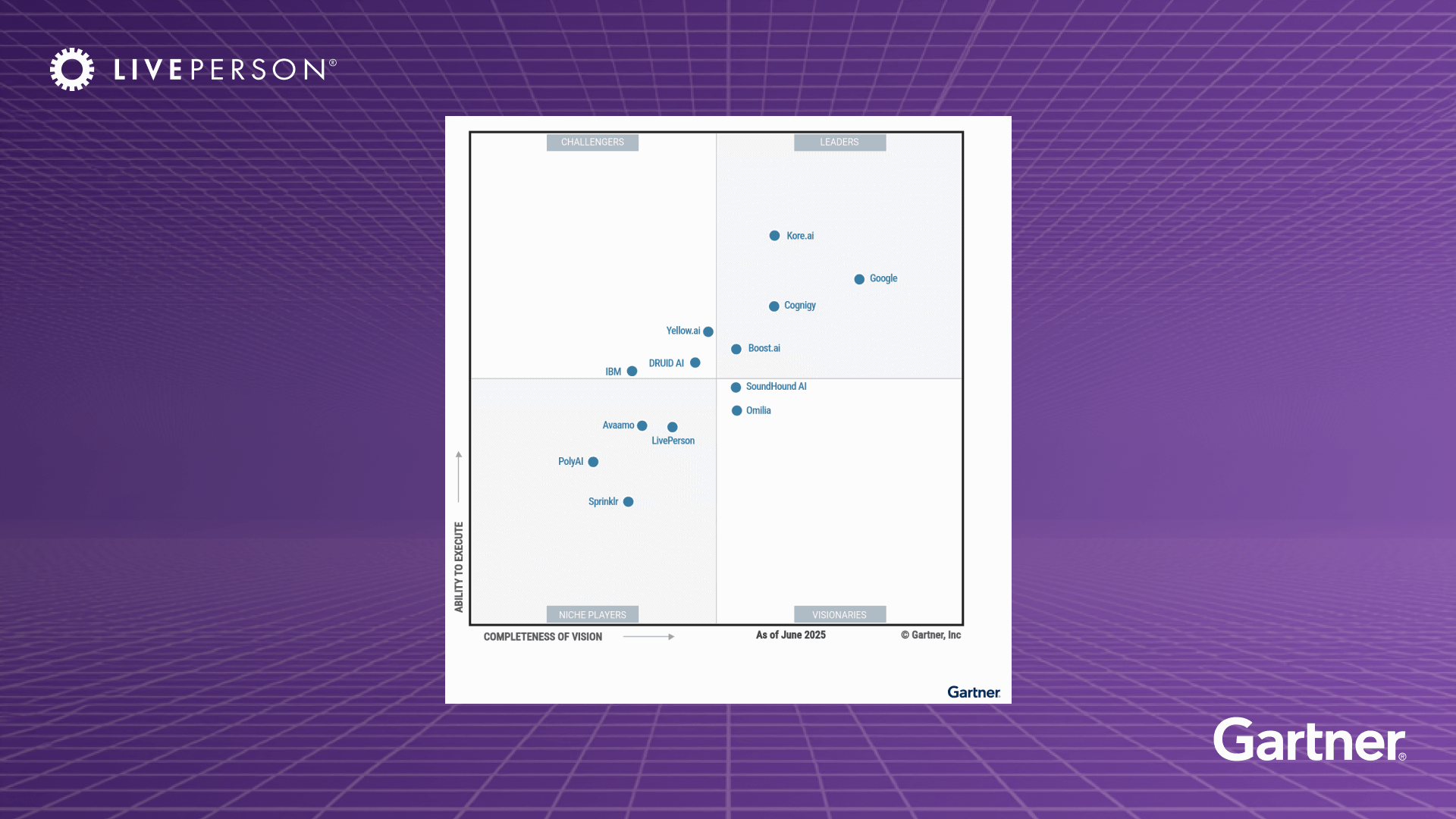article
Win the war for talent: Why digital employee experience drives retail success
June 23, 2025 • 5 minutes
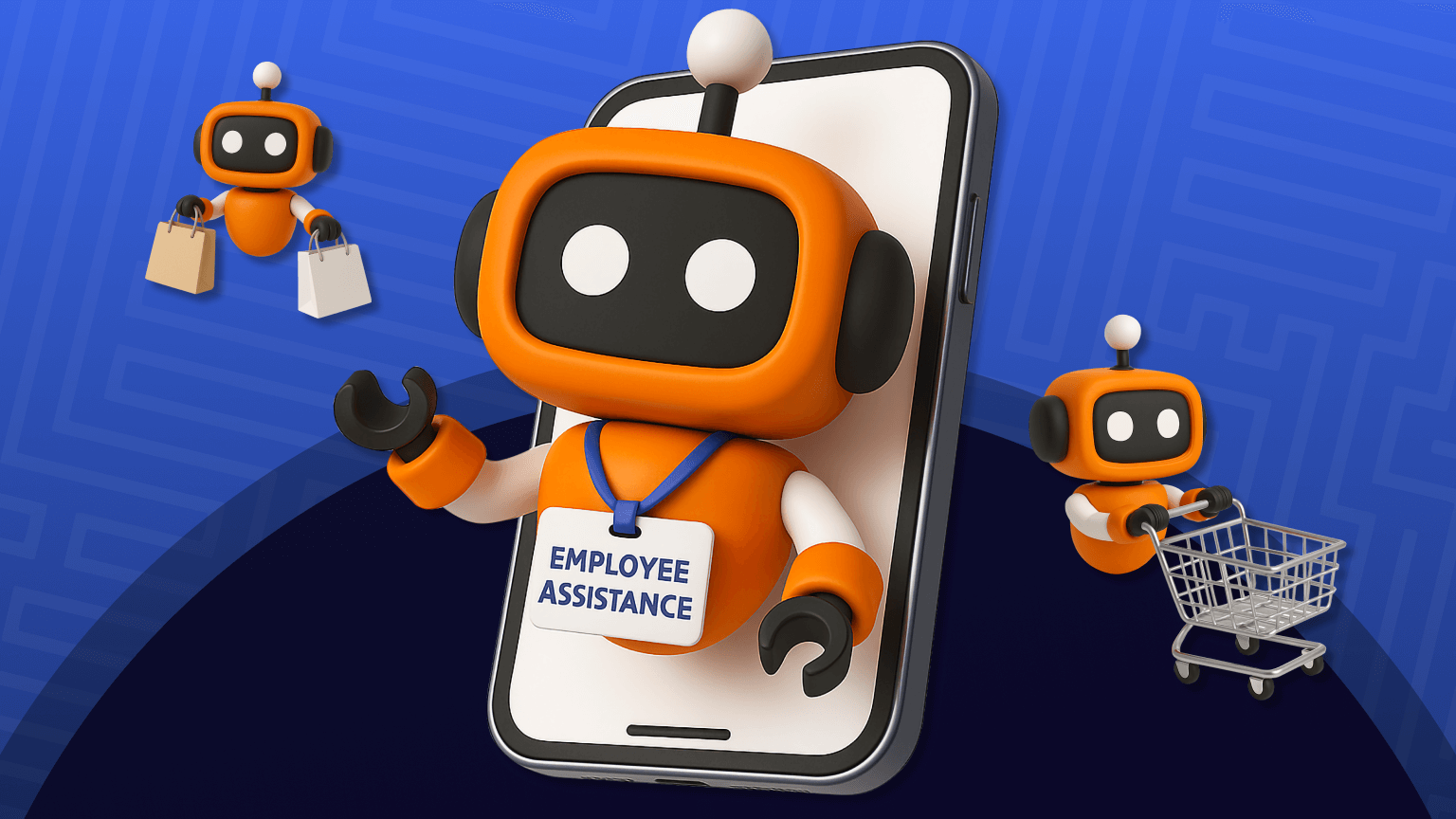
As the retail industry transforms in the wake of evolving consumer behaviors and technological disruption, one truth has become increasingly clear: a great customer experience begins with a great employee experience. For years, retailers have focused on delivering personalized, seamless journeys for shoppers. But in 2025 and beyond, the digital employee experience must become equally central to retail strategy — especially for brands that aspire to be the employer of choice in a competitive labor market.
The workforce crisis: Employee engagement is no longer optional
Retail businesses are facing a systemic staffing crisis. While pandemic-era disruptions initially drove mass workforce exits, many frontline workers have not returned, resulting in a loss of experience and knowledge. Retailers now struggle to fill positions and retain staff, even as demand for in-store service remains strong. According to McKinsey, in May 2024, there were about 2.5 million more job vacancies than job seekers.
Our 2025 Retail Reimagined whitepaper underscores this critical inflection point: “Many associates who left retail during disruptions have not returned, having found opportunities in other sectors…2025 has been declared ‘The Year of the Engaged Associate.’” This declaration signals a necessary industry-wide shift: Engagement and enablement of retail associates must move from afterthought to strategic imperative.
The retail industry must rethink associate experience
Despite claims that “our staff are our most valuable asset,” retail companies have long treated labor as a cost center to be optimized. But that mindset no longer fits a world where digitally native, empowered employees expect the same frictionless experiences at work that they get as consumers. Well-equipped, engaged employees drive better business outcomes, from sales performance to customer satisfaction and brand loyalty.
Moreover, the modern associate — especially younger Gen-Z workers — brings new expectations to the table beyond work-life balance initiatives:
- Mobile-first workflows
- On-demand access to scheduling and training
- AI-assisted digital tools that enhance productivity
- A sense of purpose and connection
Retailers who fail to provide a compelling digital employee experience risk becoming employers of last resort.
The business case for prioritizing digital employee experience
Improving the associate experience isn’t just about employee morale — it’s about the bottom line. According to Gallup, businesses in the top quartile for engaged employees are 21% more profitable and have 59% less turnover. For an industry with historically thin margins and high attrition, these numbers are game-changing.
Our 2025 Retail Whitepaper cites a specialty retailer that implemented a comprehensive digital employee experience strategy and achieved:
- 50% reduction in staff turnover
- 60% decrease in hiring costs
- Increased profitability and operational efficiency
This ROI is only possible when retailers commit to modernizing outdated, manual processes and replacing them with digital, AI-enhanced workflows that empower frontline workers.
4 pillars of an effective digital employee experience strategy
1. Mobile-first tools for scheduling, communication, and training
In too many retail environments, associates still rely on breakroom bulletin boards, paper schedules, and outdated intranets. This friction erodes engagement. Leading retailers are flipping the script with digital transformation initiatives for employee segments, including:
- Self-service shift swapping and time-off requests
- Mobile-friendly access to training modules
- Push notifications for company updates and HR tasks
By giving associates control over their work lives and reducing the burden on store managers, retailers increase both productivity and employee satisfaction.
2. AI-powered knowledge and decision support
Modern associates want to feel confident and capable on the floor — even on day one. Retailers can meet this need with AI agent assist tools that deliver real-time answers to product questions, suggest next-best actions, and support guided selling.
This approach not only improves customer service but also reduces the time-to-competency for new hires, which is especially critical in high-turnover segments like grocery and specialty retail.
3. Streamlined operations and reduced admin load
One of the most demoralizing aspects of retail work is the amount of time associates spend on non-customer-facing administrative tasks. Through automation and digital workplace tools, retailers can:
- Eliminate redundant paperwork
- Automate store communications and task assignments
- Simplify HR and scheduling tasks
This frees associates from low-value tasks, creating more productive employees who can focus on what really matters: serving customers and building relationships.
4. Culture and community powered by digital platforms
Employee engagement is about more than efficiency — it’s about connection. Digital platforms that enable peer recognition, feedback loops, and two-way communication with leadership help build a sense of community and purpose.
When associates feel heard and valued, they’re far more likely to stay — and to deliver standout service to customers.
Becoming the employer of choice in retail
Retailers often focus their brand-building efforts on consumers. But in today’s labor market, building an employer brand and staff loyalty are equally critical. Becoming the employer of choice means:
- Offering flexible scheduling options
- Providing meaningful career growth and development paths
- Creating collaborative, digitally-enabled work environments
- Supporting well-being with tools, resources, and benefits
Technology is a critical enabler, but it must be paired with authentic cultural investment. Retailers that treat their workforce like a core customer segment — and design positive digital experiences accordingly — will gain a sustainable edge.
How retailers can get started
Retailers looking to transform the associate experience should begin with a structured assessment:
- Map current associate journeys – Identify friction points in hiring, training, communication, and daily workflows.
- Prioritize high-impact opportunities – Focus on quick wins like mobile scheduling or AI-powered knowledge bases to superpower digital interactions.
- Select enabling technology – Choose platforms that integrate seamlessly with existing systems and scale with your business.
- Invest in change management – Engage associates early and often to ensure buy-in and long-term success.
Your employees are your experience
In an era where products are increasingly commoditized, experience is the last true differentiator. And that experience begins not with customers, but with the people who serve them.
By investing in the digital employee experience, retailers can unlock a cascade of benefits — from reduced staff turnover and higher productivity to better service and stronger customer retention. Empowering your associates is not just good human resources — it’s smart business.
The future of retail will be won by brands that treat their employees like valued partners in the customer journey. Will yours be one of them?



